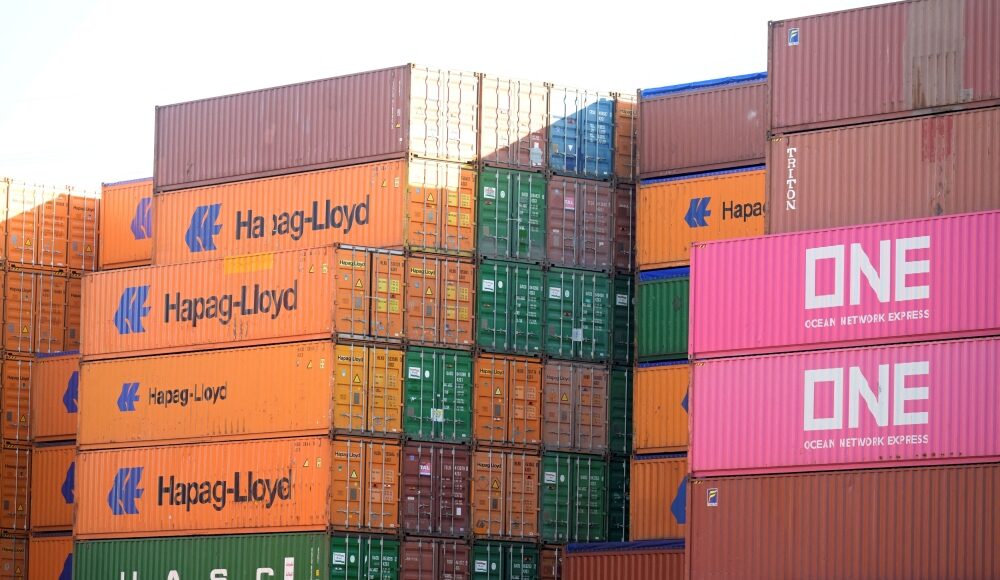APRIL 8 — In the face of rising global economic tensions, Malaysia has chosen a path of restraint. Following the United States’ decision to impose a 10 per cent tariff hike on certain Malaysian exports, the Ministry of Investment, Trade and Industry (Miti) announced that it will not respond with retaliatory tariffs. While some may view this as a missed opportunity to assert Malaysia’s stance, it is, in fact, a calculated move that prioritises long-term national interest over short-term sentiment.
Retaliatory tariffs often seem like the logical and reciprocal step. But in reality, such actions tend to hurt the domestic economy more than they help. When tariffs are imposed on imported goods, the costs are usually passed down to consumers in the form of higher prices. For Malaysia, retaliating against the US could lead to costlier imports, especially in sectors where US goods are dominant, ultimately reducing consumer access to affordable, quality products. In this light, Miti’s decision helps shield Malaysian households from unnecessary price increases and preserves consumer welfare.
More importantly, Malaysia’s restraint sends a clear message: we will not be drawn into an escalating tit-for-tat cycle that threatens global trade stability. The world has witnessed the consequences of such dynamics through the prolonged US-China trade war, which disrupted supply chains, shook investor confidence, and created lasting uncertainty. By choosing diplomacy over confrontation, Malaysia reinforces its role as a responsible, forward-looking trading nation. This is a moment where calm leadership matters, and Malaysia is stepping up.
Retaliatory tariffs often seem like the logical and reciprocal step. But in reality, such actions tend to hurt the domestic economy more than they help. — Reuters pic
The government’s decision also safeguards Malaysian businesses, particularly exporters. Responding with counter-tariffs could provoke further retaliatory measures from the US, potentially closing off key markets for Malaysian products. Sectors like electrical and electronics (E&E), long the backbone of Malaysia’s export economy, are deeply integrated into global supply chains that rely on stable market access. Any disruption could ripple through local industries, jobs, and investments. By maintaining neutrality and engaging in strategic dialogue, Malaysia is providing exporters with breathing room and predictability amid global uncertainty.
At a broader level, Miti’s stance bolsters Malaysia’s reputation as an open and stable economy. For investors evaluating markets in a post-pandemic, geopolitically tense world, predictability is a premium commodity. By avoiding retaliatory actions and continuing to engage constructively with trading partners, Malaysia signals that it remains committed to a rules-based trading system, economic openness, and long-term growth. These values are foundational to attracting high-quality investments, especially in high-tech sectors like semiconductors, aerospace, and the digital economy, where Malaysia has strong ambitions under frameworks like the New Industrial Master Plan 2030 (NIMP 2030).
Another often-overlooked consequence of retaliatory tariffs is the loss of consumer choice. Tariffs not only raise prices, but they also narrow the range of available goods and services. Malaysia’s decision ensures that consumers and businesses can still access a wide variety of products at competitive prices, an important aspect of maintaining economic dynamism and efficiency in both consumer and industrial markets.
This approach does not mean Malaysia is standing still. As outlined in Miti’s statement, the government is actively leveraging regional and multilateral platforms such as the Asean Geoeconomic Task Force, the CPTPP, and RCEP to diversify export markets and strengthen trade resilience. The recently formed National Geoeconomic Command Centre (NGCC), chaired by the Prime Minister, is a critical step forward in coordinating a comprehensive and adaptive strategy to navigate these external pressures. Malaysia is also working towards a Technology Safeguards Agreement, by leveraging the Trade and Investment Framework Agreement signed with the US, to deepen cooperation in future-facing industries.
While the headline numbers may highlight a goods trade surplus in favour of Malaysia, the US still enjoys a significant services trade surplus with us, reflecting a balanced and mutually beneficial economic relationship. Moreover, many American firms operating in Malaysia have long relied on our strong industrial ecosystem to support their global supply chains. This deep-rooted bilateral relationship is worth preserving and expanding, not risking over hasty retaliatory action.
In these uncertain times, Malaysia’s decision to stay calm and constructive, rather than retaliate, is not a sign of weakness, it is a demonstration of economic maturity. It is about placing the welfare of Malaysians, the resilience of our businesses, and the long-term health of the economy above short-term political theatre. With careful diplomacy, strategic diversification, and proactive policy planning, Malaysia is showing the region, and the world, what it means to lead with principle.
* This is the personal opinion of the writer or publication and does not necessarily represent the views of Malay Mail.





